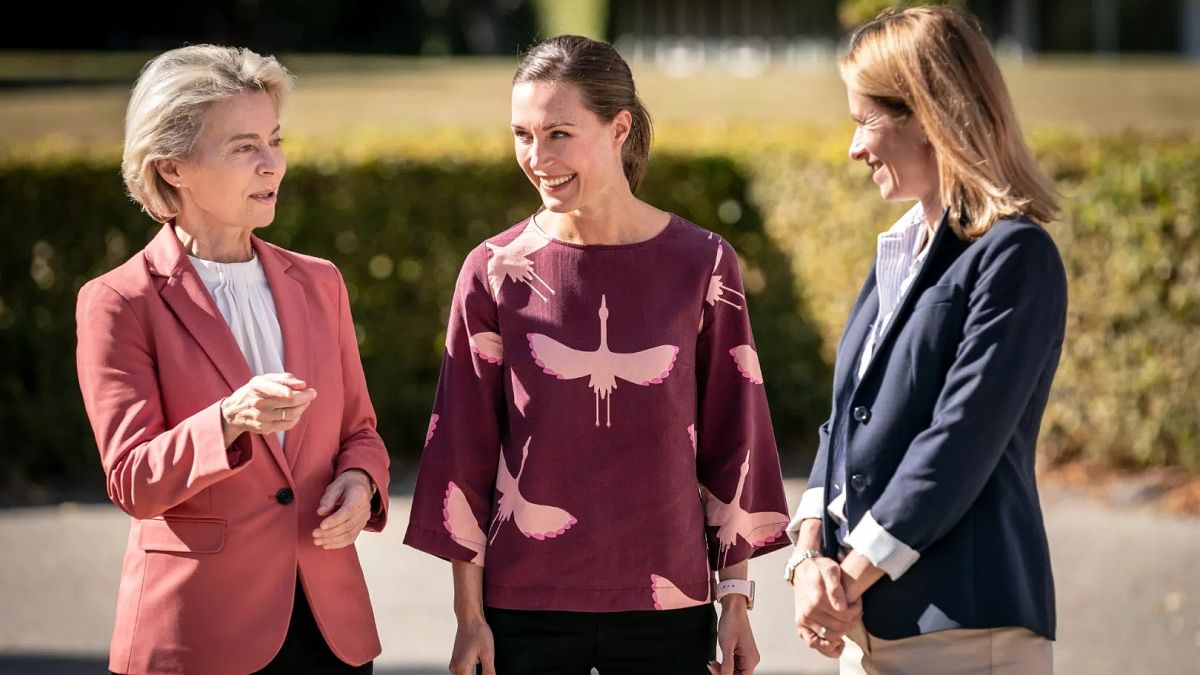

In the contemporary landscape of global politics and culture, recent developments have shed light on diverse challenges—from the digital sphere impacting women in politics to complex historical investigations and cultural expressions in times of conflict. As we delve into these narratives, a calm and clear perspective invites us to grasp the detailed layers within each situation.
Online platforms have become indispensable in political discourse, yet they pave a convoluted path for female politicians in Europe, often attracting more personal and unwarranted attacks. These assaults are not limited to high-profile figures; rather, they permeate various levels of political engagement, causing concern over the hostility women face in their political endeavors. Understanding the root causes of these attacks is vital for developing supportive measures that protect the integrity and safety of women in politics, ultimately encouraging diverse voices in democratic processes.
Across continents, the complexities of historical injustices continue to unfold. The family of Agnes Wanjiru, a Kenyan woman who was allegedly murdered over a decade ago by British soldiers, remains in search of justice. Promises made by UK officials, such as the defense secretary John Healey, have been met with skepticism by Wanjiru’s family, who question the sincerity and effectiveness of the pledged support. This case symbolizes a broader struggle for resolution and accountability, urging cooperation between nations to address past grievances and rebuild trust through diligent, transparent investigations. It is a reminder of the importance of heartfelt commitment to justice, transcending borders and timelines.
In another realm, the cultural sector reflects the tensions present in international relations. The UK’s Royal Ballet and Opera has decided to withdraw its production of Tosca, scheduled for 2026 at the Israeli National Opera in Tel Aviv. This decision followed an open letter signed by 182 company members, expressing concerns about the organization’s stance on Gaza. Such actions highlight how cultural institutions can become arenas for expressing political and ethical stances, influencing dialogues and fostering awareness about global conflicts. Such moves demonstrate the intersection of art and politics, underscoring the role of culture not only as entertainment but as a conduit for meaningful discourse.
These diverse stories mirror the ongoing dialogues in our global community, where justice, representation, and culture intertwine. As we continue to engage with these narratives, a mindful approach invites reflection on the impact of each development, promoting understanding, empathy, and constructive solutions. Through collaborative effort and awareness, we are poised to navigate these complexities with grace, aiming for a harmonious balance in our world’s intricate tapestry.
Source: {link}
